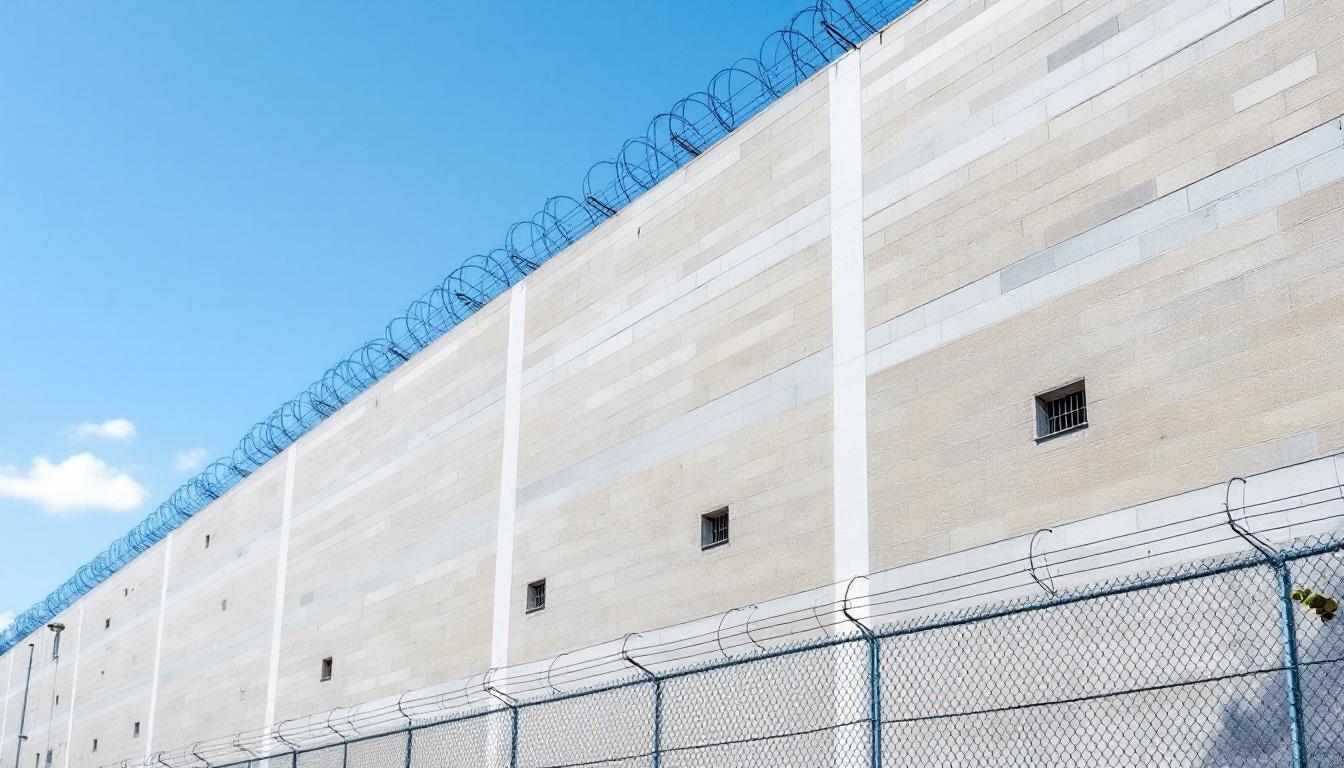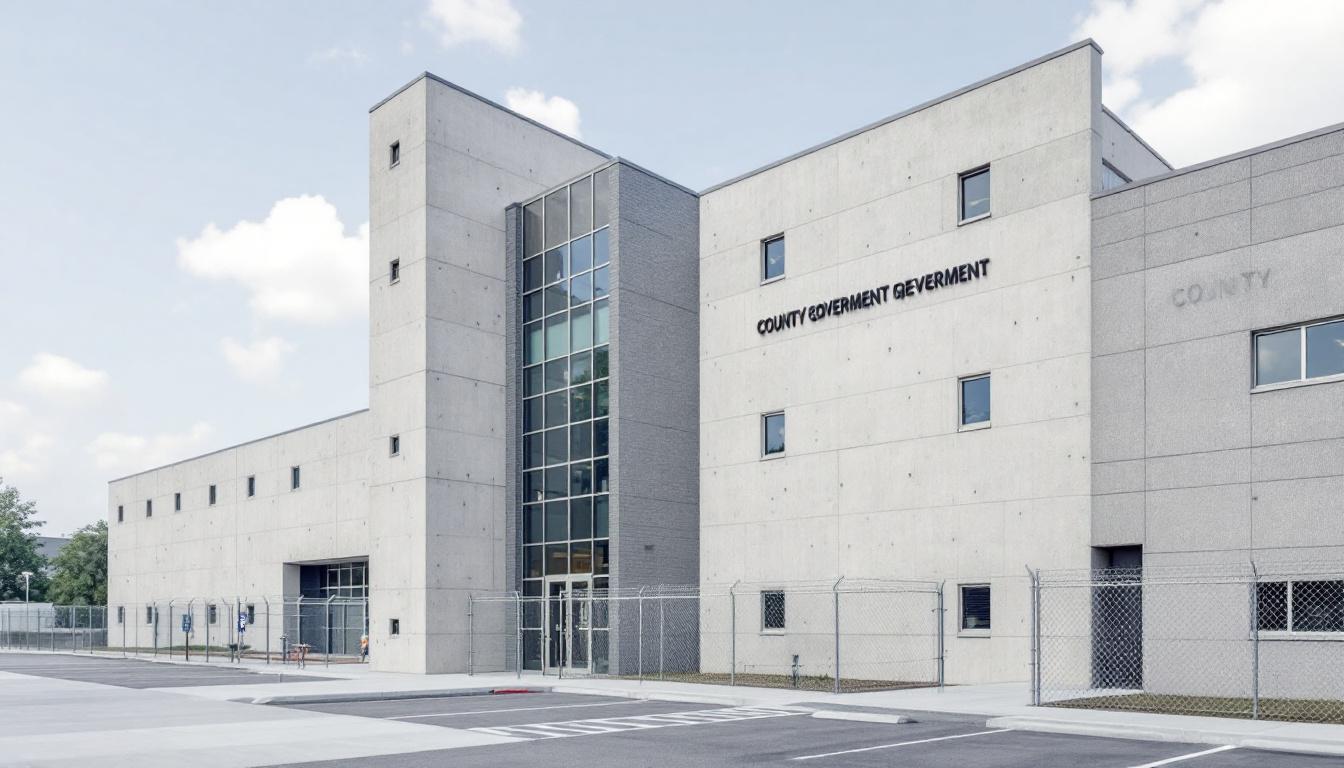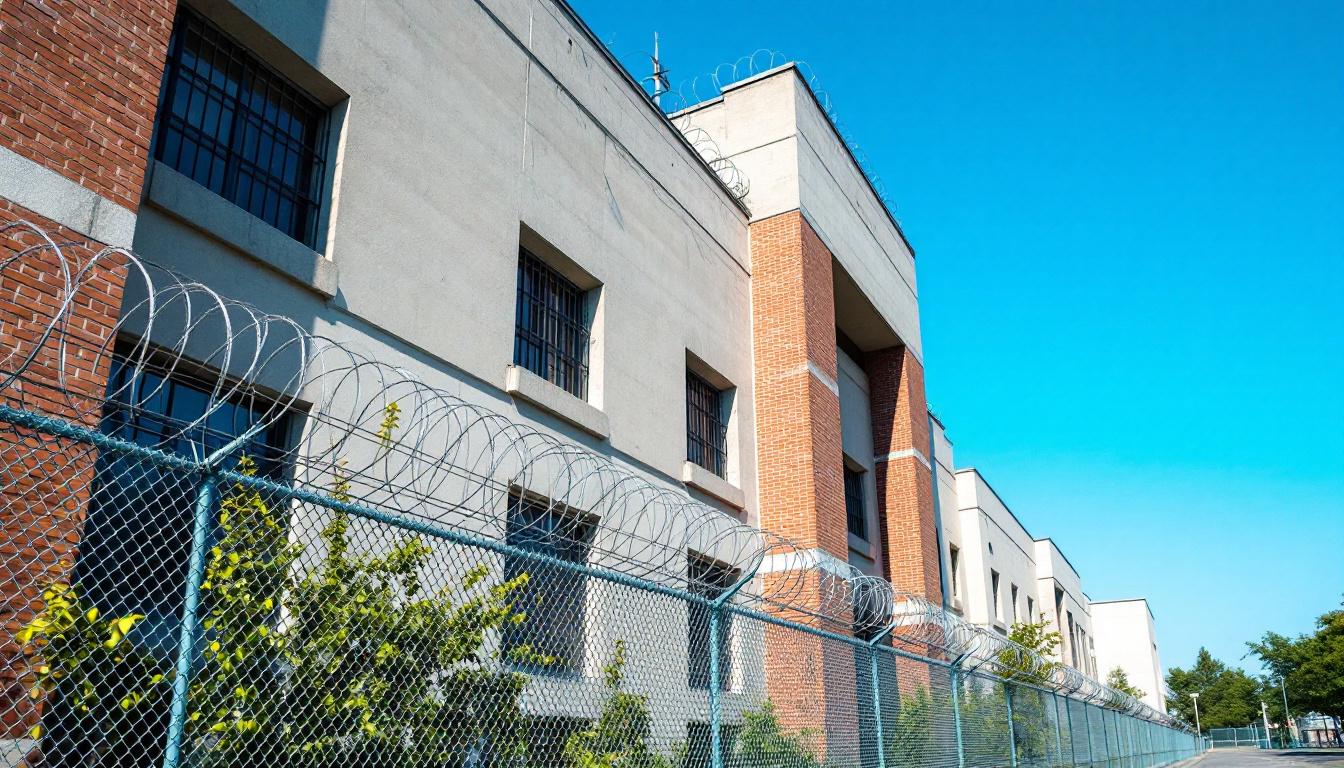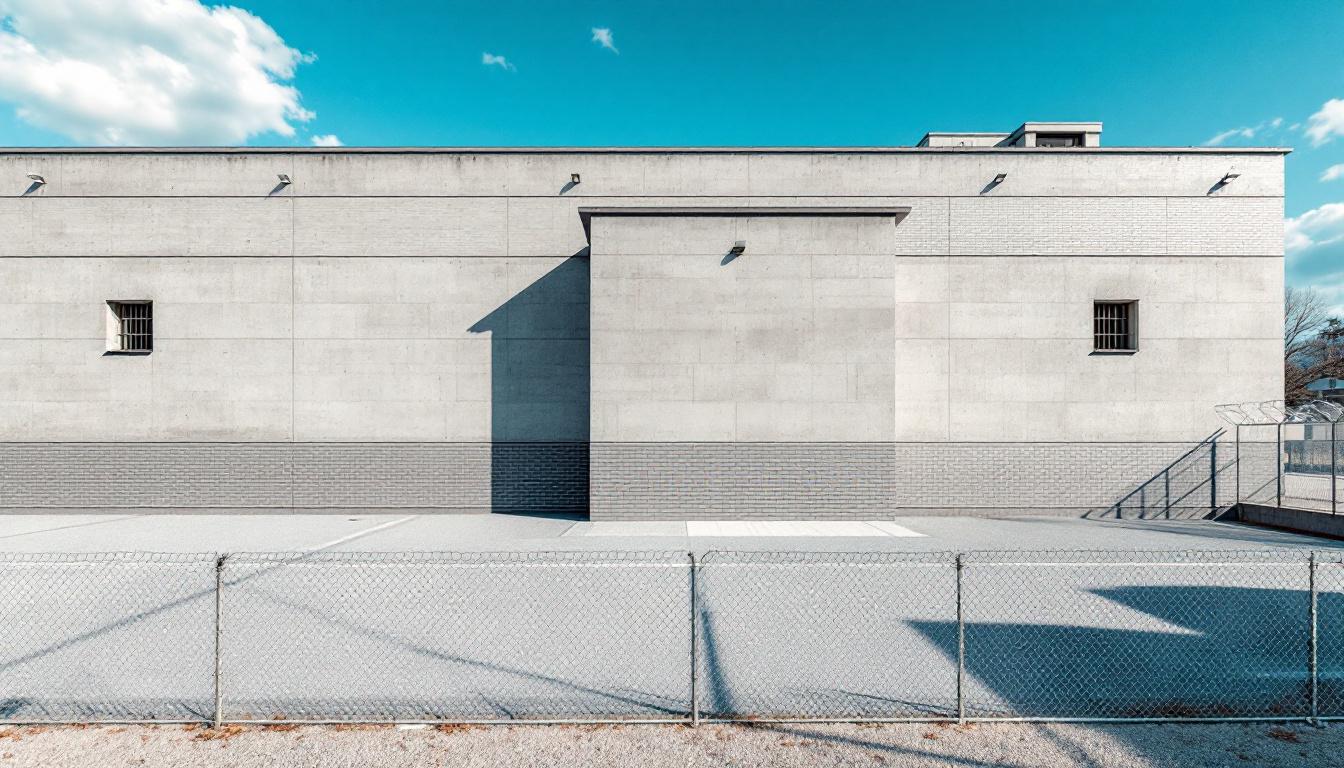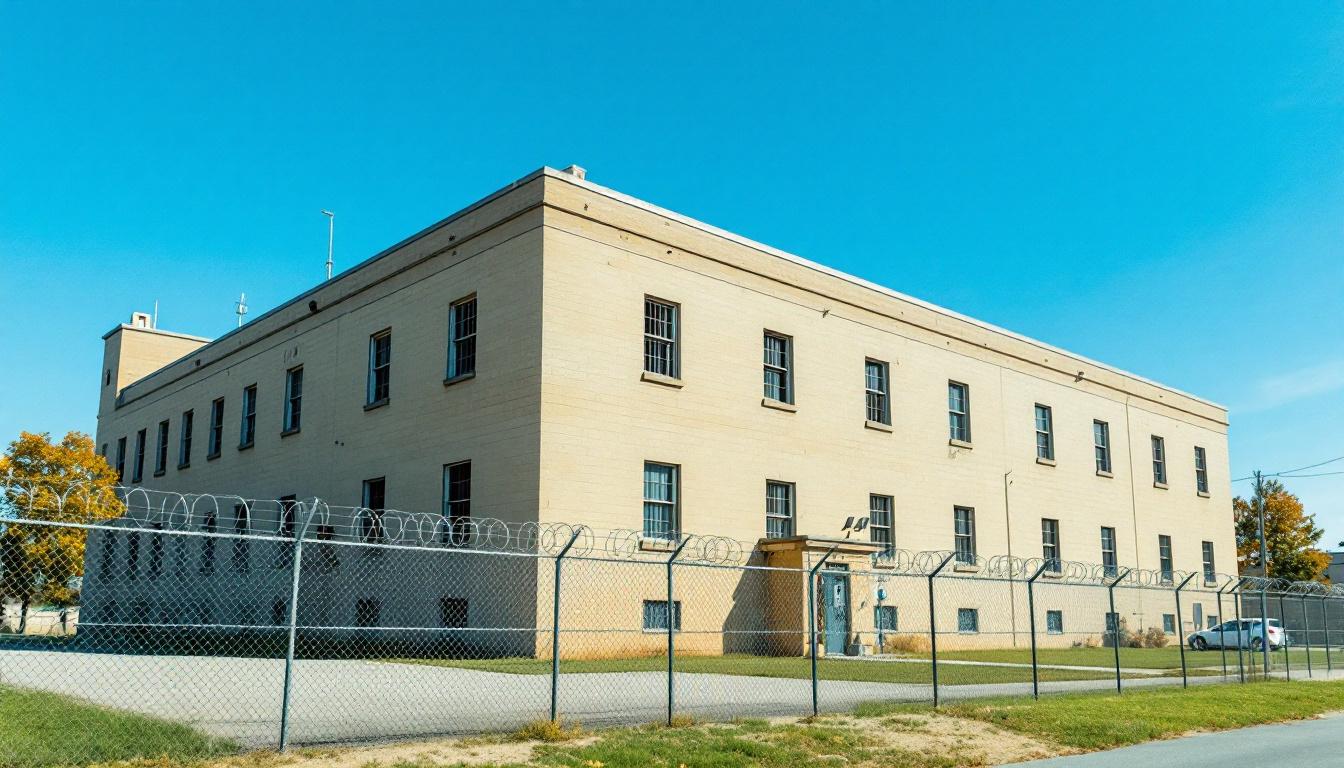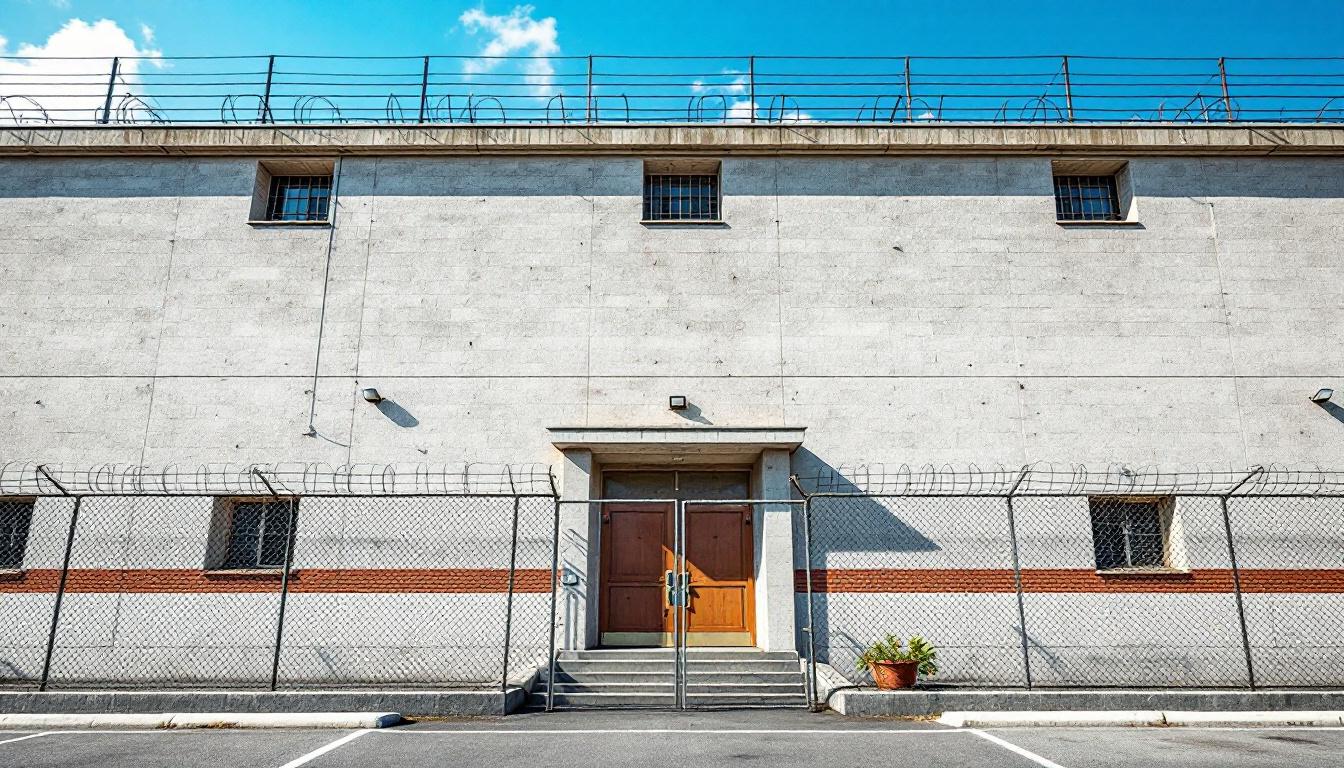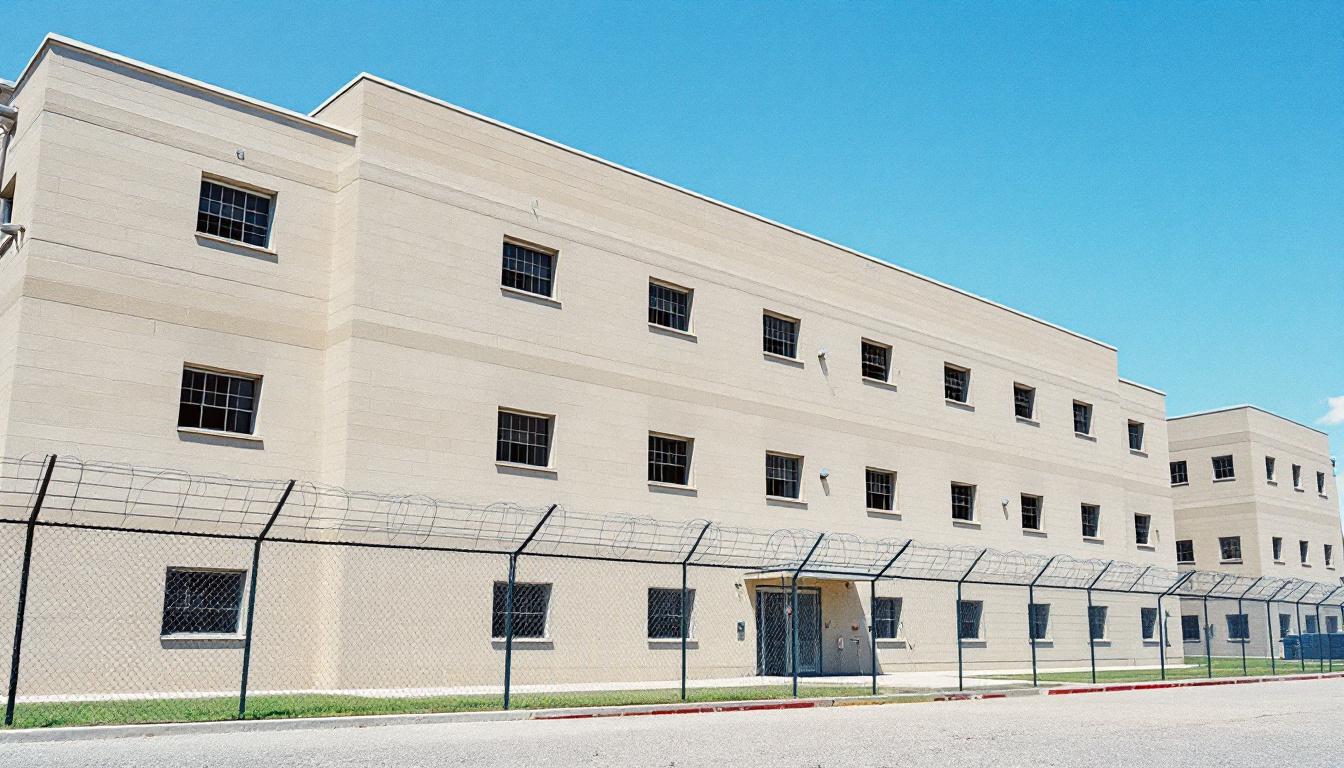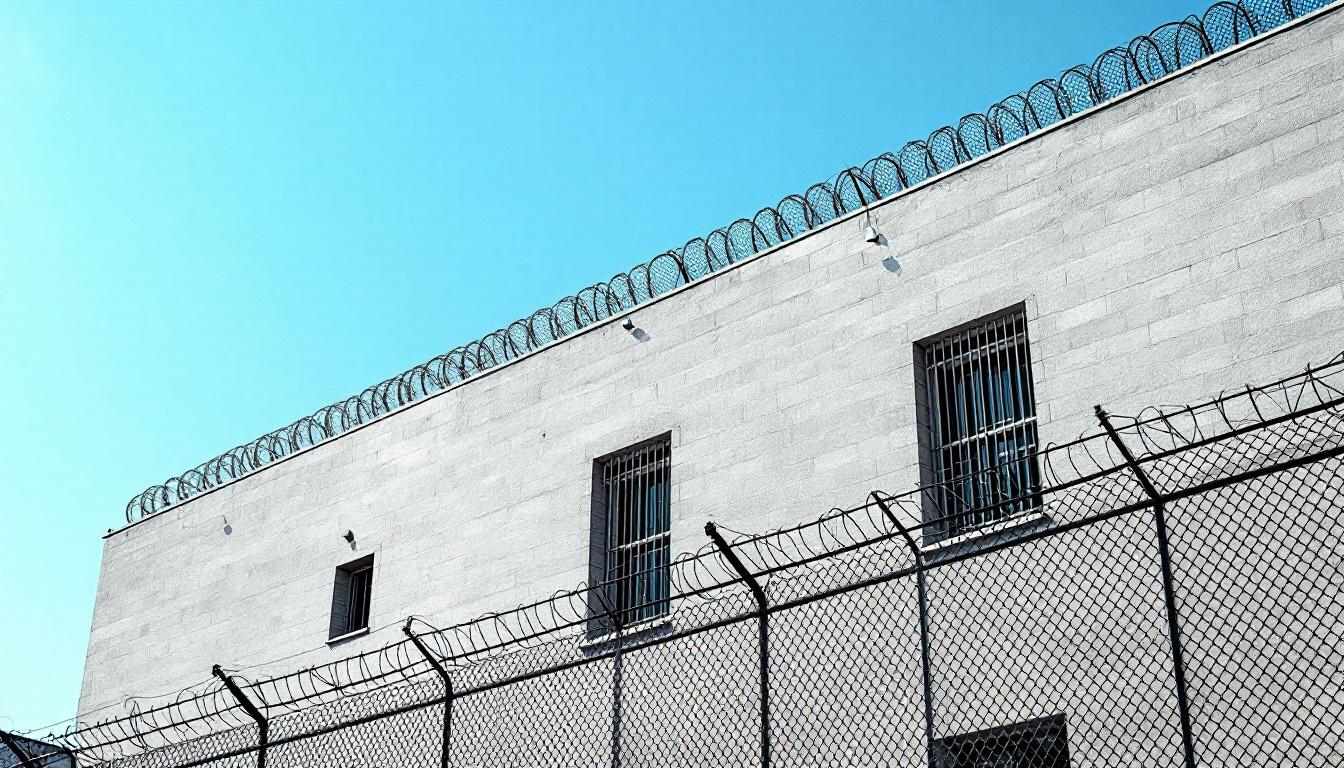
Quick Navigation
How to contact an inmate at El Paso County Detention Facility
This comprehensive guide will walk you through how to connect with an inmate at El Paso County Detention Facility. Follow the steps below to find an inmate and send letters and photos:
- Search for the inmate using our search tool below
- Create your account or log in to Penmate
- Write your message (up to 6,000 characters)
- Send instantly - inmates receive printed copies daily
Find an Inmate
Search for an inmate to start communicating today
Tip: You can search by first name, last name, or inmate ID number
To contact a person at El Paso County Detention Facility start by searching for the person on the official facility website. Perform a search by following these steps:
- Step 1: Enter their first name and last name into the search form and click "Search"
- Step 2: Locate their inmate record
- Step 3: Write down their Inmate ID and any housing information provided
Important! Be sure to enter the person's full name. Nicknames should not be used.
How to Send Messages to Inmates

You can use your phone or computer to send emails, letters, and photos to an inmate. Messages are sent electronically to inmate tablets or kiosks at the facility. If you would like to send a message, start by searching for an inmate at El Paso County Detention Facility.
Sending Photos and Postcards

A great way to send love and support to a loved one at El Paso County Detention Facility is to send photos and postcards. It only takes a few minutes to send photos from your phone and it makes a huge difference. You can also mail postcards with words of support and inspiration, or design your own postcard for special moments like birthdays and holidays.
Important! Be sure not to send any explicit photos or they may not be approved by the facility. You can also use a photo printing app like Penmate to make sure your photos are printed at the correct size (4x6 or 3x5) and are mailed according to the rules and regulations of El Paso County Detention Facility.
Frequently asked questions about El Paso County Detention Facility
-
How long does it take to deliver a message?
If you're sending an email message your letter is usually delivered within 24-48 hours. For messages sent via mail you should expect delivery within 3-7 days. All messages will need be approved by El Paso County Detention Facility.
-
How much does it cost to send a message to El Paso County Detention Facility?
You can send a message free using your phone or mail a message via USPS for the price of a $0.60 stamp and envelope. You can also purchase credits or e-stamps from services starting at $1.99.
-
What services can I use to contact an inmate at El Paso County Detention Facility?
Penmate
You can use Penmate to send letters and photos to an inmate from your phone. It's an easy way to stay in touch during your loved one's incarceration. Use the inmate locator to find an inmate's location and contact information, then you can send messages within a few minutes.
Securus messaging
Securus may be another option for communicating with an inmate at El Paso County Detention Facility. You can create a friends and family account and purchase credits to send messages. All messages will be reviewed and must be approved by the facility.
JPay
Some county jails and state prisons may support sending messages with JPay. You must register an account with the system, find your loved one, and purchase stamps to send messages. For some locations you can also attach photos.
Smart Jail Mail
You may also check if Smart Jail Mail is available at El Paso County Detention Facility. Smart Jail Mail is operated by Smart Communications and has contracted with some state and county jails. After purchasing credits, your messages and photos are sent to the facility, printed out, and then handed out to your loved one.
-
What is the mailing address of El Paso County Detention Facility?
Mailing address:
El Paso County Detention Facility
601 E Overland Ave
El Paso, TX 79901
Phone: (915) 546-2212Business hours:
- Monday: Open 24 hours
- Tuesday: Open 24 hours
- Wednesday: Open 24 hours
- Thursday: Open 24 hours
- Friday: Open 24 hours
- Saturday: Open 24 hours
- Sunday: Open 24 hours
-
What are the visiting hours at El Paso County Detention Facility?
Visiting hours at El Paso County Detention Facility vary by housing unit and security level. Generally, visits are scheduled on weekends and holidays, with some facilities offering weekday visits. Contact the facility directly at (915) 546-2212 or check their website for the current visiting schedule. Visits typically last 30-60 minutes and must be scheduled in advance.
-
What items are prohibited when sending mail to El Paso County Detention Facility?
Prohibited items typically include: cash, personal checks, stamps, stickers, glitter, glue, tape, staples, paperclips, polaroid photos, musical or blank greeting cards, hardcover books, magazines with staples, and any items containing metal or electronics. Only send letters on plain white paper with blue or black ink. Photos must be printed on regular photo paper (no Polaroids). Always check with El Paso County Detention Facility for their specific mail policies.
-
How do I send money to an inmate at El Paso County Detention Facility?
You can send money to an inmate at El Paso County Detention Facility through several methods: 1) Online using JPay, Access Corrections, or the facility's approved vendor, 2) Money orders mailed directly to the facility with the inmate's name and ID number, 3) Kiosks located in the facility lobby, or 4) Over the phone using a credit or debit card. Fees vary by method, typically ranging from $2.95 to $11.95 per transaction.
-
Can I schedule a video visit with an inmate at El Paso County Detention Facility?
Many facilities now offer video visitation as an alternative to in-person visits. At El Paso County Detention Facility, video visits may be available through services like Penmate, Securus Video Connect, GTL, or ICSolutions. Video visits typically cost $10-20 for 20-30 minutes and must be scheduled in advance. You'll need a computer or smartphone with a camera and reliable internet connection. Contact the facility for their specific video visitation policies and approved vendors.
-
What identification do I need to visit an inmate at El Paso County Detention Facility?
All visitors must present valid government-issued photo identification such as a driver's license, state ID, passport, or military ID. Minors must be accompanied by a parent or legal guardian who can provide the minor's birth certificate. Some facilities require visitors to be on the inmate's approved visitation list, which may require a background check. Contact El Paso County Detention Facility for specific ID requirements and visitor approval procedures.
-
How can I find out an inmate's release date?
To find an inmate's release date at El Paso County Detention Facility, you can: 1) Use the online inmate search tool if available, 2) Call the facility's records department, 3) Contact the inmate's case manager or counselor, or 4) Have the inmate provide this information during a call or visit. For privacy reasons, some facilities only release this information to immediate family members.
Facility Overview
Contact Information
El Paso County Detention Facility601 E Overland Ave
El Paso, TX 79901
Phone: (915) 546-2212
Official Website
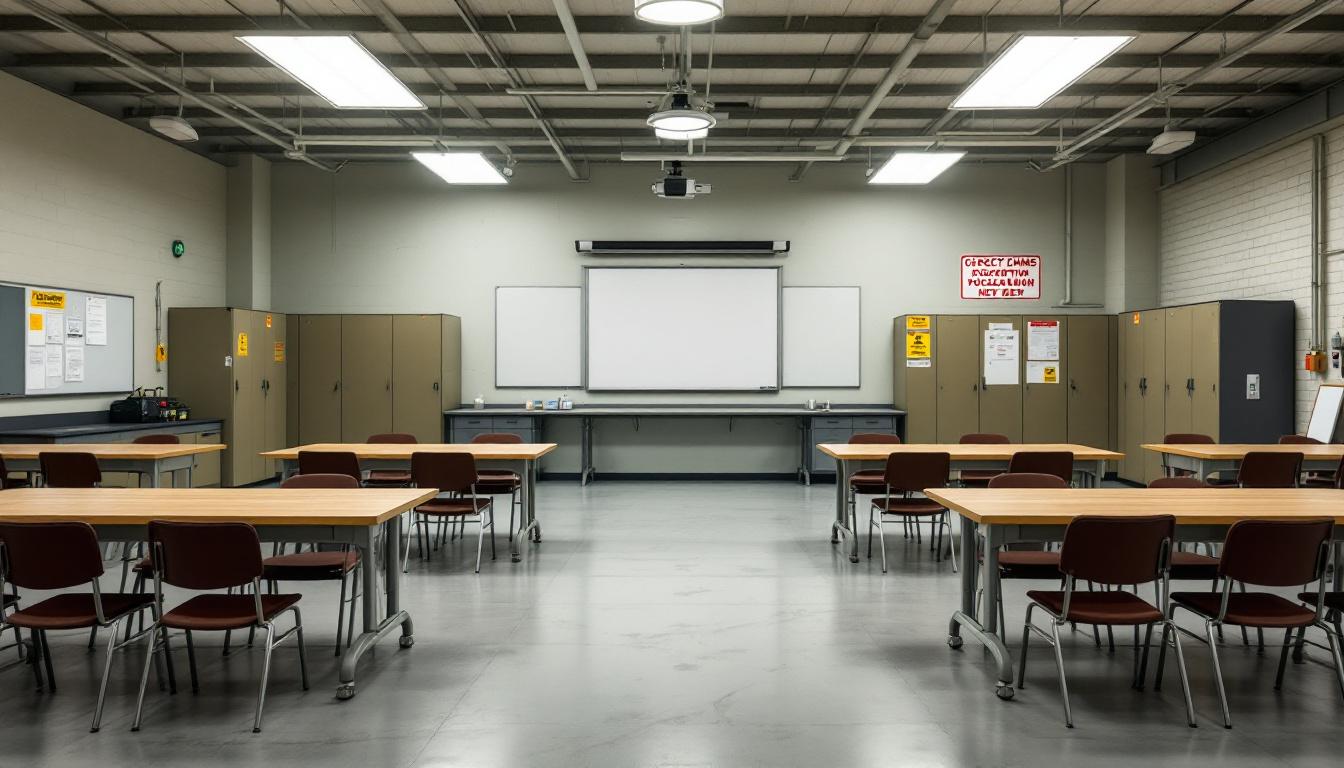
About El Paso County Detention Facility
Operating in El Paso County, Colorado, this detention facility serves as a comprehensive correctional institution managed by the El Paso County Sheriff's Office through its Detention Operations Division. The facility operates with two primary sections - Intake and Court Services - while maintaining strict adherence to Colorado Revised Statute 17-26-103 professional standards. Beyond housing inmates, the facility maintains detailed records throughout each individual's stay, tracking court updates, new charges, bond modifications, work release fees, and pre-trial services coordination.
The jail's Court Services Section, strategically located within the Terry Harris Judicial Complex, demonstrates the facility's commitment to seamless judicial operations through specialized transport and security units. These units ensure safe escort services to multiple courtrooms while maintaining public and inmate safety standards. The facility extends its services beyond adult populations, coordinating juvenile transports from the Spring Creek Detention Center to appropriate courts, reflecting its broader role in the county's justice system.
Transportation services represent a significant operational component, with dedicated units managing inmate movement throughout Colorado to various counties, cities, and the Department of Corrections. The facility typically accommodates medical appointments and specialized transports, including transfers to the Colorado Mental Health Institute at Pueblo when necessary. Financial services operate around the clock, with the main transaction window in the jail lobby accepting various forms of payment including cash, cashier's checks, official checks, and money orders to support inmate fund management, though personal checks are not accepted.
Programs & Services
The El Paso County Jail's Detention Operations Division maintains comprehensive inmate services through specialized sections that handle everything from intake processing to court transportation. The facility's Intake and Release Section operates according to Colorado Revised Statute requirements, maintaining detailed records throughout each inmate's stay including court updates, bond changes, work release arrangements, and pre-trial services coordination. This systematic approach ensures accountability while managing inmate funds and property securely.
Court Services operates from the Terry Harris Judicial Complex, where dedicated units handle both courtroom security and safe transportation between the jail and courthouse. The facility's transport capabilities extend statewide, moving inmates to the Colorado Department of Corrections, other counties, and specialized facilities like the Colorado Mental Health Institute at Pueblo. Local medical appointments are also coordinated through this comprehensive transport system, ensuring inmates receive necessary healthcare services.
Beyond these core operational services, the facility typically may offer educational programming, substance abuse counseling, and vocational training opportunities common to Colorado correctional facilities. Mental health services and religious programming often complement the structured environment, while the 24/7 inmate funds processing system allows families to deposit money through cash, cashier's checks, or money orders at the main lobby window. Work release programs mentioned in the records system suggest opportunities for eligible inmates to maintain employment while serving their sentences, supporting successful community reintegration.
Daily Life & Visitation

The Intake and Release Section maintains comprehensive records throughout each person's stay, tracking court updates, new charges, bond changes, and work release arrangements. This administrative backbone ensures that residents understand their legal status and upcoming court appearances, which often structure their daily schedules around transport times to the Terry Harris Judicial Complex courthouse.
Family members can deposit funds around the clock at the main transaction window in the jail lobby, accepting cash, cashier's checks, official checks, or money orders to support their loved ones' commissary needs and communication expenses. The facility's Court Services Section coordinates safe transport between the jail and courthouse, while also handling medical appointments and transfers throughout Colorado when necessary. These movements typically break up the routine for those involved, providing brief changes of scenery from the standard housing unit environment.
Like most Colorado correctional facilities, daily life likely revolves around structured meal times, recreation periods, and programming opportunities, though specific schedules may vary by housing unit and security classification. The facility's focus on maintaining detailed records and coordinating court appearances suggests that many residents experience frequent updates about their cases, which can significantly impact their daily routines and long-term planning while in custody.
Ready to Connect?
Start communicating with your loved one today
Search for an Inmate
